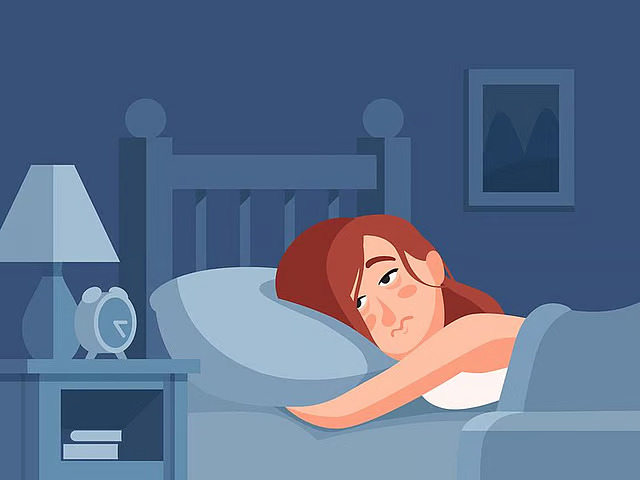Vitamin deficiencies can disrupt sleep by throwing off hormones and circadian rhythms. When Vitamin D levels are low, circadian rhythms can go off track, leading to insomnia or fragmented sleep. Struggling to fall asleep, waking up at odd hours, or hitting snooze three times before dragging yourself out of bed? Before you blame stress or caffeine, take a closer look at what you’re eating — or not eating. Vitamin deficiencies can significantly disrupt sleep by interfering with the body’s ability to regulate hormones, neurotransmitters, and circadian rhythms, Anum Saif, General Practitioner at Aster Clinic, Liwan, explains. “Several key vitamins play a direct role in promoting healthy, restful sleep. The benefits of Vitamin D extend far beyond bone health—it plays a crucial role in modulating the immune system, reducing inflammation, and even supporting heart function. Vitamin D is crucial for keeping your body clock running on time. Studies show that people with low vitamin D are about 50 per cent more likely to report poor sleep quality, shorter sleep duration, and increased daytime sleepiness. Deficiency has even been linked to a higher risk of sleep apnea. “Vitamin D receptors are present in the brain regions that control the sleep–wake cycle,” Dr. Saif explains. “When levels are low, circadian rhythms can go off track, leading to insomnia or fragmented sleep.” While not a vitamin, magnesium deserves special mention for its powerful link to sleep. It activates GABA, a calming neurotransmitter that helps the brain slow down at night. Low magnesium has been linked to insomnia, anxiety, and nighttime muscle cramps.
Thank you for reading this post, don't forget to subscribe!
Managing Sleep with a High-Performance Lifestylesleep and healthsleep and stress managementSleep and weight loss
Your Sleep Struggles May Have Nothing To Do With Stress Check Your Vitamins



